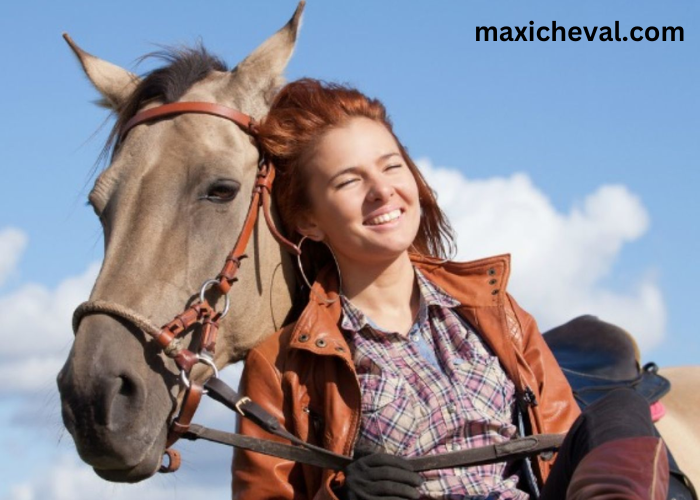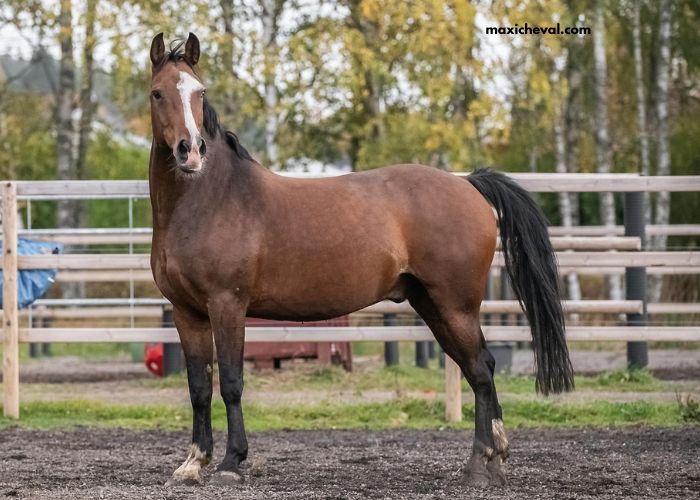Horses have been an integral part of human history for thousands of years, symbolizing strength, grace, and freedom. Their majestic presence and deep, expressive eyes have fascinated humans, leading to a unique and enduring bond. This article delves into the world of horses, exploring their behavior, psychology, and the profound relationship they share with humans. Explore the world of CasaCourse, your ultimate destination for online courses on a variety of topics. Enroll now and enhance your knowledge!
The Natural Behavior of Horses
Horses are social animals with a strong herd instinct. In the wild, they live in groups called bands, which consist of a lead stallion, several mares, and their offspring. This social structure is crucial for their survival, providing protection against predators and ensuring the well-being of the group. Within the herd, horses communicate through a complex system of body language, vocalizations, and even subtle facial expressions.
Understanding this natural behavior is essential for anyone who works with horses. For instance, a horse’s ears can indicate its mood and intentions. Forward-pointing ears suggest curiosity or attentiveness, while pinned-back ears can signal aggression or discomfort. Similarly, a swishing tail can denote irritation, while a relaxed tail indicates calmness.
The Psychology of Horses
Horses are highly perceptive and intelligent animals, capable of learning and remembering tasks and routines. Their behavior is influenced by their environment, experiences, and the people they interact with. Positive reinforcement and consistent training methods are crucial in building trust and cooperation with horses.
A significant aspect of horse psychology is their flight response. As prey animals, horses are naturally inclined to flee from perceived danger. This instinct can be a challenge for trainers and riders, requiring patience and understanding to build a horse’s confidence and reduce fear-based reactions.
The Human-Horse Bond
The relationship between humans and horses is unique and multifaceted. Throughout history, horses have been companions, workers, and athletes. This bond is built on mutual trust and respect, with both parties learning to communicate and understand each other.
One of the most profound ways humans and horses connect is through riding. The act of riding a horse requires a deep level of trust from the horse and a sense of responsibility from the rider. This connection can be therapeutic, providing emotional and physical benefits to riders. Equine-assisted therapy, for example, has been shown to help individuals with various physical, emotional, and cognitive challenges.
Horses in Modern Society
Today, horses continue to play diverse roles in human society. They are seen in sports such as dressage, show jumping, and racing, where their athleticism and training are showcased. In addition, horses are still used in work settings, such as ranching and forestry, where their strength and agility are invaluable.
Moreover, horses have found a place in leisure and therapy. Many people enjoy horseback riding as a recreational activity, experiencing the joy and freedom it offers. Equine therapy programs have grown in popularity, aiding people with disabilities, mental health issues, and trauma recovery.
Conclusion
The majestic world of horses is a testament to the enduring connection between these noble animals and humans. By understanding their behavior and psychology, we can deepen our bond with horses, fostering a relationship based on trust, respect, and mutual benefit. Whether in work, sport, or therapy, horses continue to enrich our lives, offering a unique glimpse into the natural world and the profound connections that can be formed between species.




